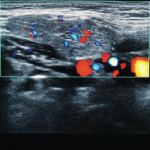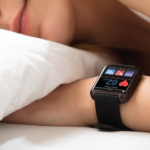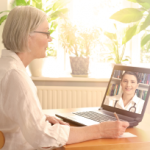Our hospitals have had their finest hour in the care of acutely ill inpatients during the COVID-19 pandemic, including dealing with allocation decisions fairly and transparently, maximizing good outcomes and remaining cognizant of the enduring ethics of healthcare. The honorable traditions of self-effacing conduct and acceptance of some level of personal risk by healthcare professionals…






